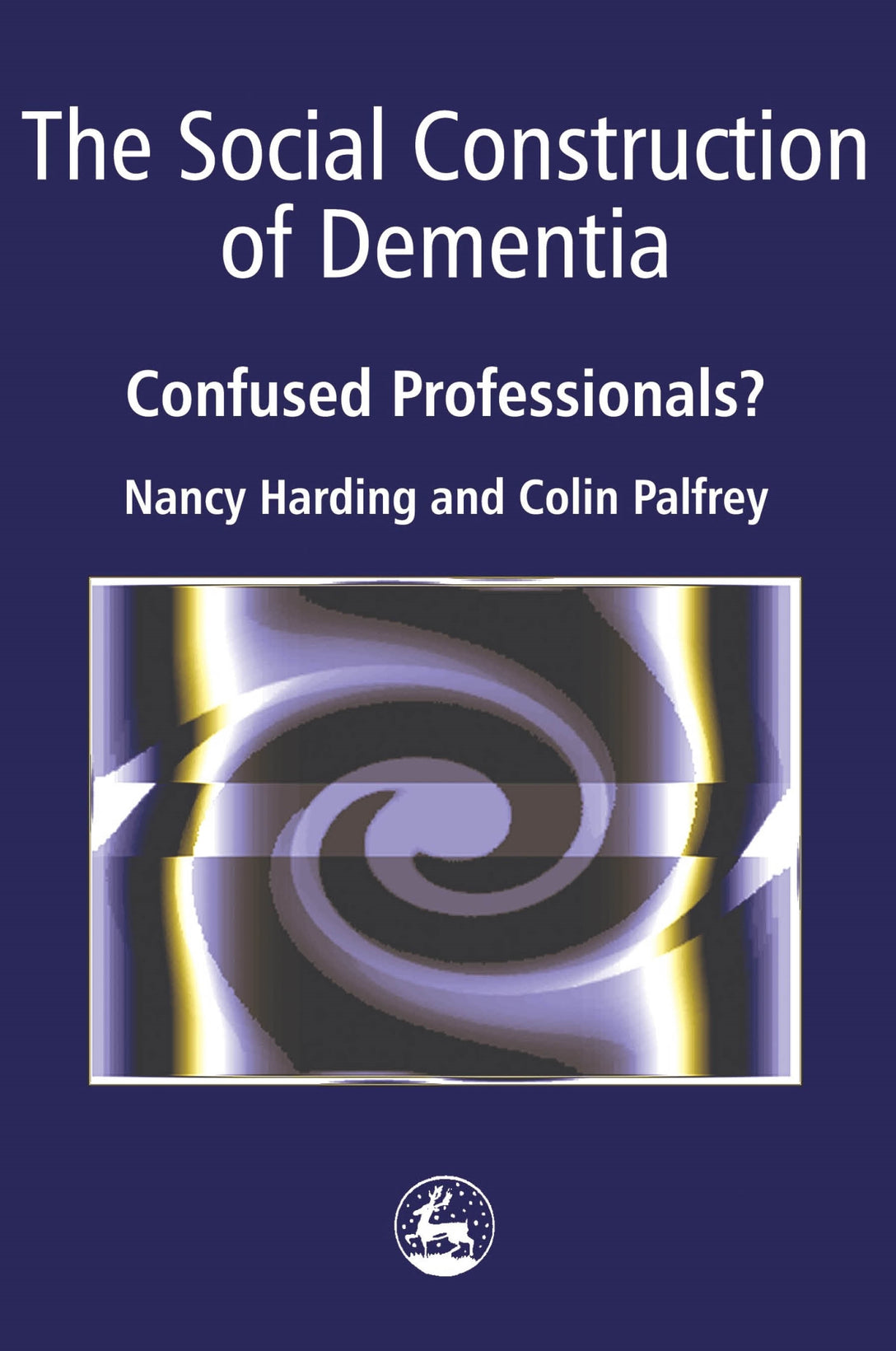
Press Reviews
International Social Work
The book deserves to be widely read by sociologists, medical practioners, social workers, nurses, and others: it provides alternative understandings of dementia upon which new forms of practice might be developed. Most important, however is the challenge with which the book confronts its readers: to deconstruct their own fears of ageing, dying and death, and reflect upon embeddedness of these fears in the contemporary culture of late capitalism.
British Journal of Occupational Therapy
This book constitutes and important challenge to the dominance of the bio-medical paradigm in dementia care today... written by theorists for theorists [i]t is certainly not an easy read, but for dementia care specialists sufficiently interested in the social-psychological debate to wade through some of the academic turgidity, it is worth the effort. It will, in addition, be a worthwhile reference text for students, researchers, and others outside the dementia field, who are interested in general issues of clinical reasoning and diagnosis.
Mental Health Care
An alternative framework for understanding dementia is particularly welcome; the medical model has been unchallenged for too long... The arguments are persuasive, and supported by a wealth of literature. It is a book of the highest academic quality and integrity... [I] would unreservedly recommend it.
Community Care
Harding and Palfrey's enlightening book has at its core a desire to provide a "new conceptual lens" through which interested professionals can understand dementia... using a combination of well chosen social-constructionist approaches, Harding and Palfrey subject to scrutiny key components of the way dementia is understood by the medical profession and by society... Drawing on rich examples from the literature, the authors provide compelling evidence for their claim that a root and branch reappraisal of dementia concepts is required. Comment and discussion sessions accompany each set of arguments, encouraging reflection and comprehension. The authors succeed in offering alternative frameworks for contextualising the place of people with dementia in society.
Registered Homes
... a useful book for those involved in academic work to have as a reference base.
The Journal of Dementia Care
In a systematic, thought-provoking and contentious way, they examine the "knowledge" and "truths" of: the medical model, the scientific construction of dementia and the sociology of the dementing body. All are scrutinised in terms of irrefutable evidence, most are found wanting. [This book] is a welcome and long overdue contribution to the "knowledges" of dementia.
